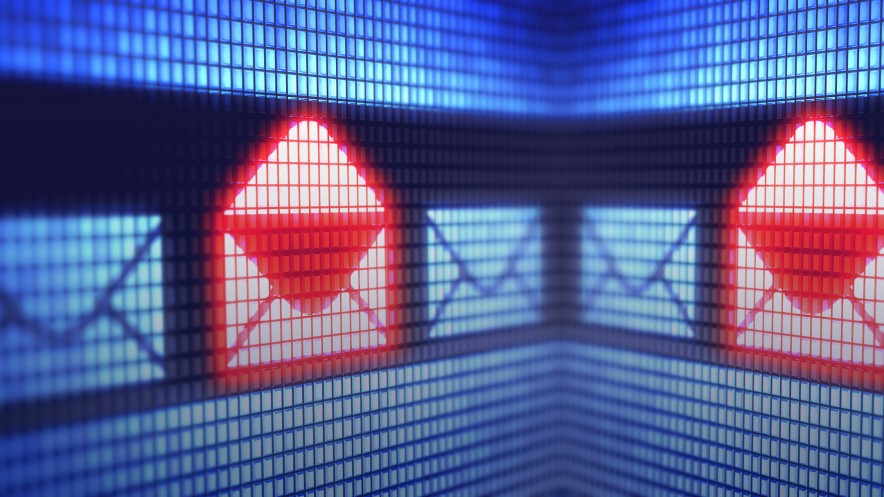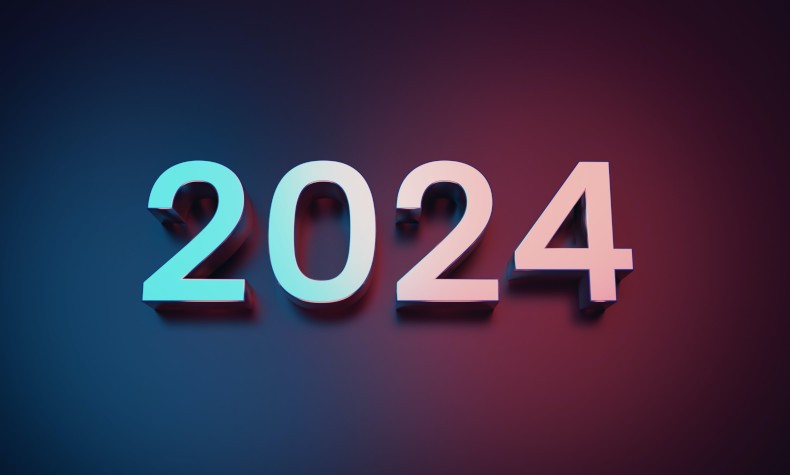Blockchain-Based Email: Does the World Really Need It?
Aug 01, 2019, 3:16pm
Some projects are developing blockchain-based email services. This could enhance security and privacy―but are these services truly useful?
Blockchain technology is everywhere: developers are constantly in search of new areas in which it can be applied, and one of the most distinctive potential applications is email. In one sense, this could be a perfect match, as blockchain tech provides unparalleled security and privacy―essential features for any email service.
But in another sense, blockchain tech and email are not such a good fit for each other. Highly-specialized email services are a hard sell, whether they’re blockchain-based or not. It’s hard to beat the convenience and mass appeal of free webmail services like Gmail, and the market for email services is competitive, to say the least.
This hasn’t stopped a few projects from creating blockchain-based email services, though. There is even John McAfee SwiftMail, named after the controversial crypto proponent and security guru. So, what advantage do these blockchain email services provide―and can they beat standard email services?
The Benefits of Blockchain
Blockchain tech provides security above all else. In a blockchain-based email system, each message is encrypted and stored on a distributed ledger. This approach relies on virtually unbreakable encryption methods, which ensure that only you can access your messages. Furthermore, nobody can interfere with those messages.
A blockchain-based email system also provides better privacy than traditional email services. Gmail, for example, provides some basic encryption features, but these methods do not provide total privacy from Google itself. By contrast, when you use blockchain-based email, your data is encrypted at a much more fundamental level.
Finally, each blockchain-based email system provides permanent message storage thanks to an immutable ledger. Obviously, you wouldn’t delete important email messages yourself. Permanent storage mainly ensures that your email service of choice cannot delete your messages―accidentally or deliberately.
The Compatibility Problem
Blockchain-based email has one major limitation: compatibility. If a blockchain-based service allows you to send email to a traditional email address, your conversational partners will have a copy of that message. In other words, your email messages won’t be stored solely on the blockchain, which defeats many of the security and privacy features mentioned above.
Consequently, some blockchain email services have decided to develop isolated email systems. Dmail (based on EOS) and PhantasmaMail (based on NEO) cannot send messages to standard email addresses right now. This ensures that message content doesn’t leave the blockchain, but it’s also highly inconvenient for obvious reasons.
In the end, some blockchain email services are really just messaging systems designed to look and behave like an email service. This isn’t a bad thing, but users will probably be disappointed if they sign up and realize that they can’t send an actual email. Naturally, most services are working toward providing greater compatibility in the future.
Some blockchain-based email services are already compatible with standard email, such as LedgerMail. Once a message arrives at a standard email address, the recipient must decrypt the message in the LedgerMail app in order to actually read it. This is an extra step, but it is one way of providing a real email service that doesn’t let data leave the blockchain.
A Few Other Challenges
Blockchain-based email could face a few other obstacles. First of all, blockchains are generally not built to transfer or store large attachments. Some blockchain platforms do allow file storage, but the truth is, email attachments don’t really need to be stored on a blockchain. Most email services can easily be paired with just about any file hosting service.
Transaction fees are another issue. Blockchain emails are sent in transactions, and fees must be charged in order to prevent too many transactions from being sent. There are ways around this, though: for example, Dmail and MelonMail distribute free tokens via airdrops and faucets. This allows you to pay for transaction fees without any real cost.
Can Blockchain-Based Email Succeed?
There are several advantages to blockchain-based email services. They are incredibly secure and private (at least when they are used correctly) and they also ensure that your messages will never be lost or deleted. However, these services are also highly inconvenient at times, and they could ultimately fail to attract users in the long run.
So far, blockchain-based email services have not made very much progress, and some of the most visible services are not very accessible. SwiftMail’s website is defunct, and Ledgermail only offers its services through a custom service form. Another widely-publicized service, CryptaMail, has existed since 2014 but is still in beta.
Up-and-coming services like Dmail, Phantasma, and Melonmail may be able to make blockchain-based email more accessible than ever before. However, success will require more than just technical accomplishment. These services will need to prove that they are more practical than traditional email and social media―and that is a tall order.





